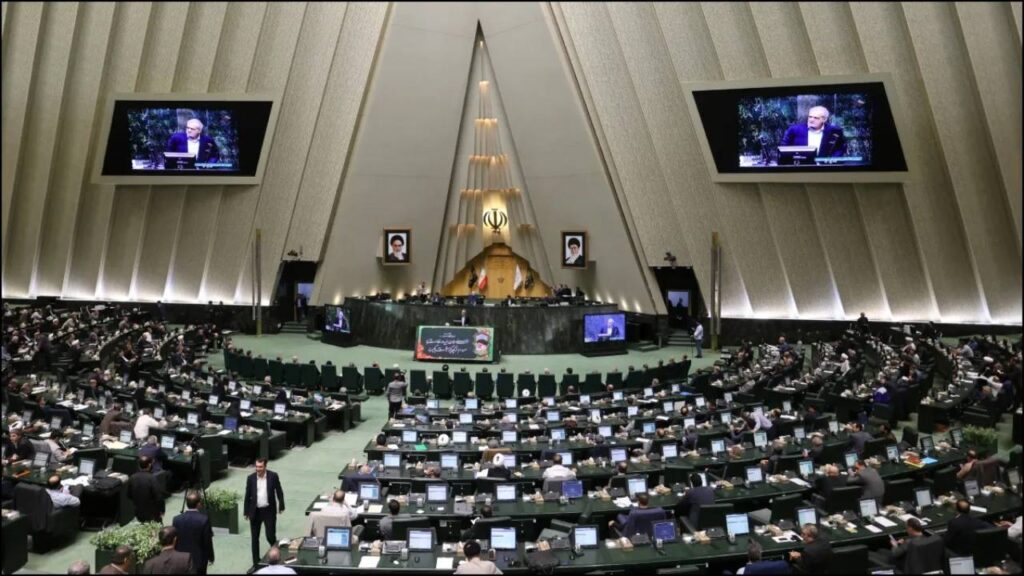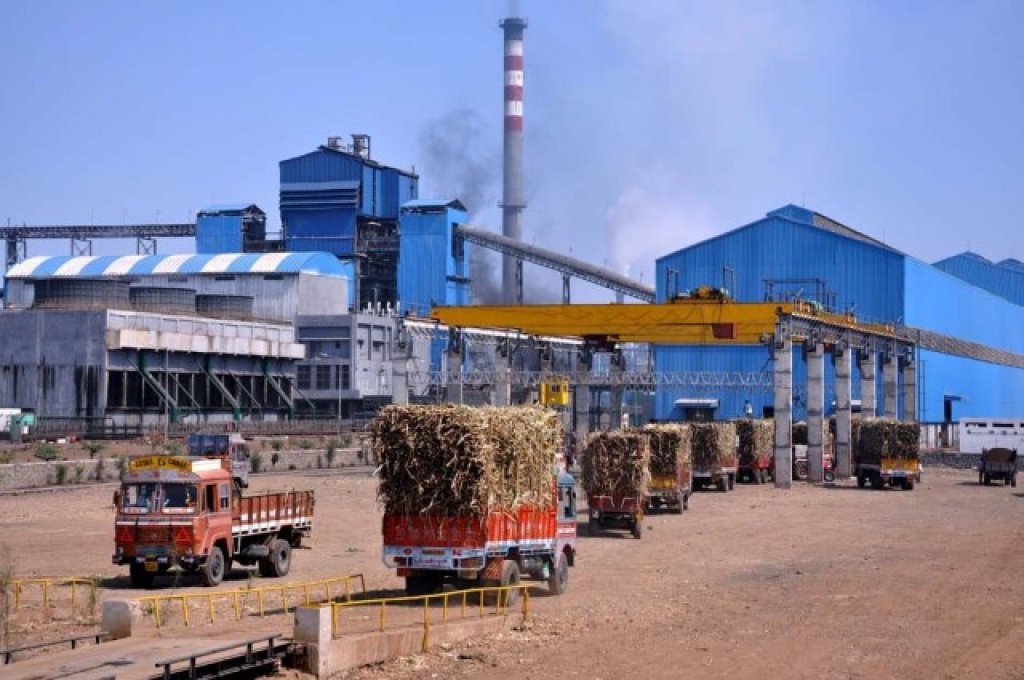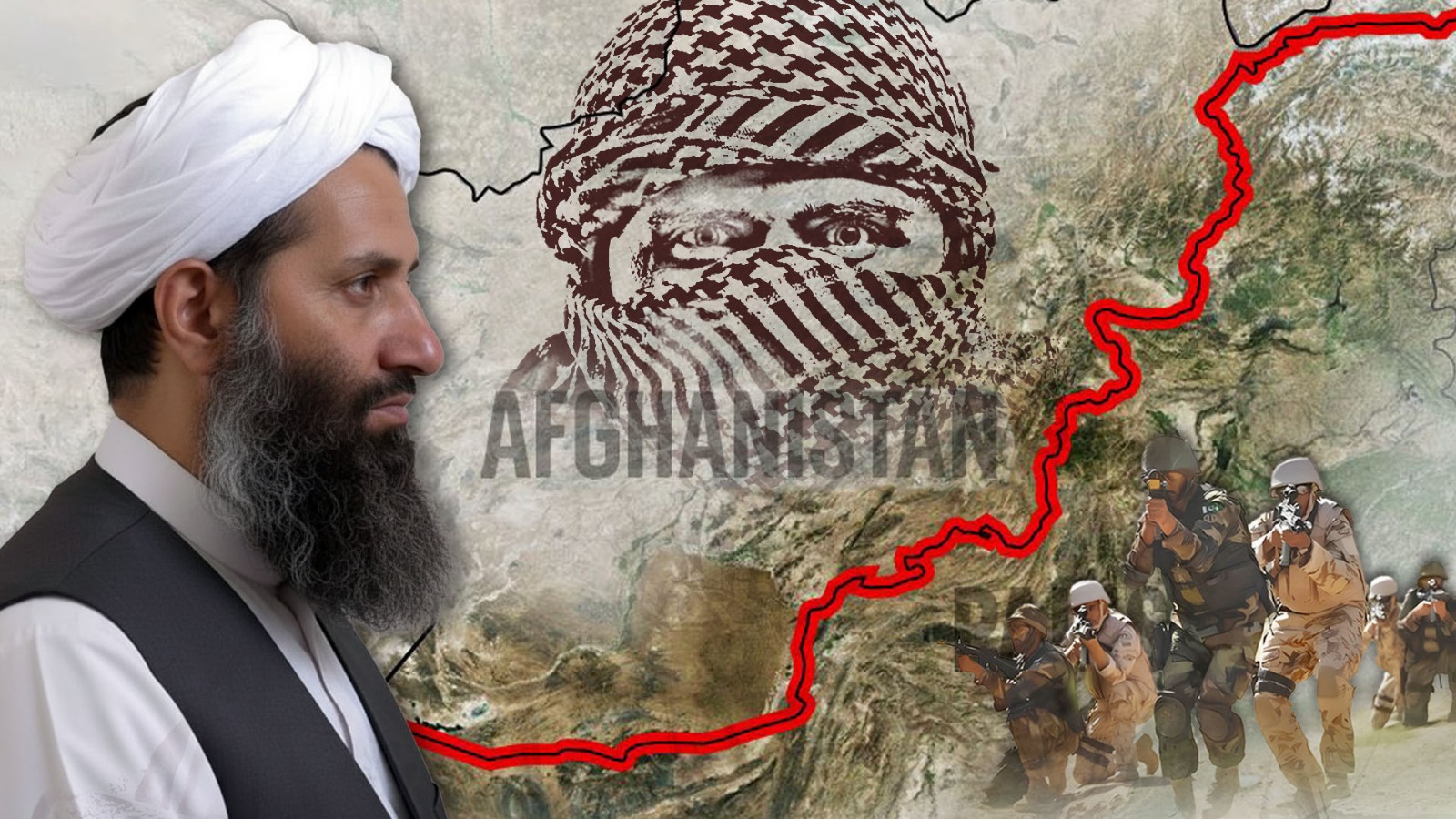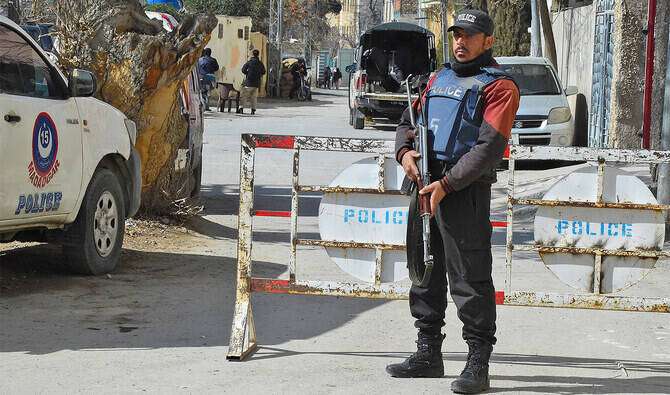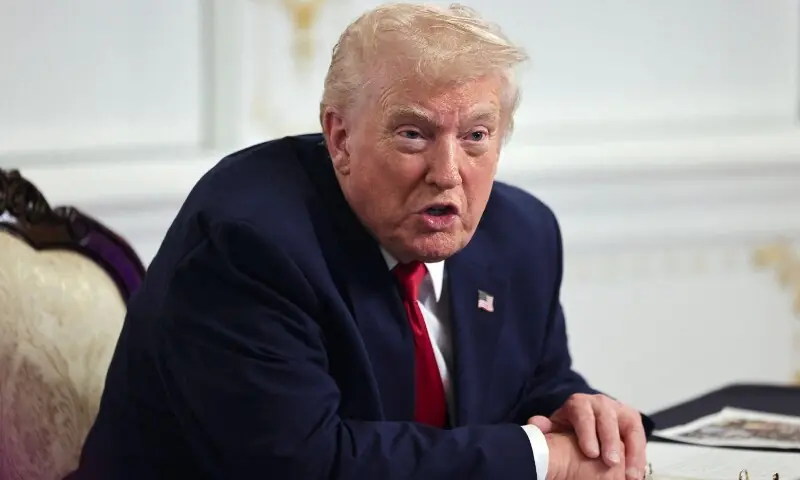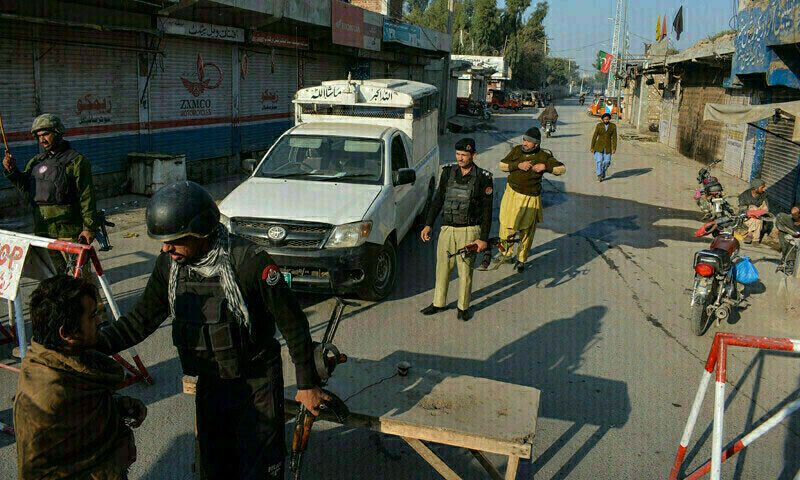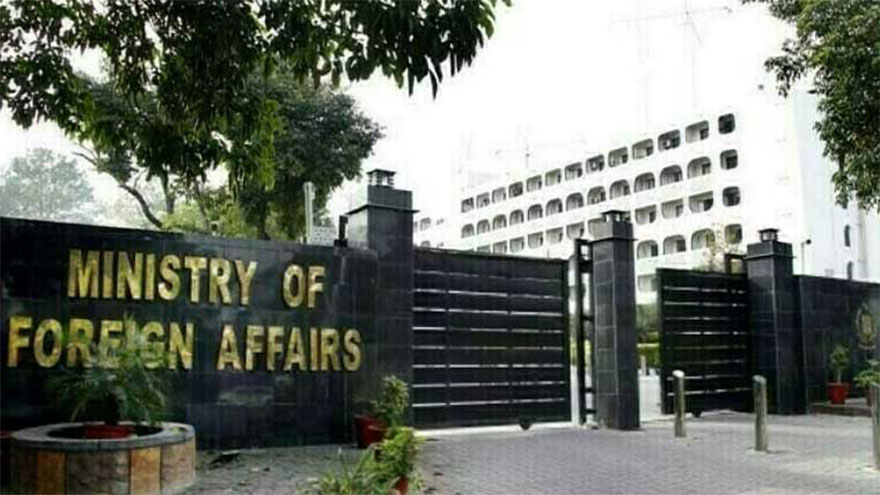Iran’s parliament has passed legislation to suspend cooperation with the United Nations’ nuclear watchdog, the International Atomic Energy Agency (IAEA), according to state-affiliated media outlet Nournews. The measure still requires the approval of the Supreme National Security Council before it can be implemented.
The move follows a recent escalation in regional tensions, including aerial confrontations with Israel. Tehran has accused Israel of targeting its nuclear facilities, claiming the attacks were an attempt to thwart its peaceful nuclear ambitions. Iran maintains it does not seek nuclear weapons.
Parliament Speaker Mohammad Baqer Qalibaf announced that Iran intends to step up the development of its civilian nuclear programme. He also criticised the IAEA for not condemning the attacks on Iran’s nuclear infrastructure, stating that the agency’s silence had compromised its international standing.
“In light of the IAEA’s failure to even issue a statement condemning the attacks, the Atomic Energy Organisation of Iran will halt cooperation with the agency until the safety of our nuclear facilities is assured,” Qalibaf said, adding that the country’s peaceful nuclear activities would now proceed with increased speed.
The legislation would reportedly halt the installation of surveillance equipment, suspend inspections, and cease the submission of compliance reports to the IAEA. The outline of the bill had earlier been approved by the national security committee, whose spokesperson, Ebrahim Rezaei, confirmed the details.
These developments follow a resolution passed by the IAEA earlier this month that accused Iran of failing to uphold its non-proliferation obligations. Iranian officials argue that this resolution gave justification for the subsequent Israeli air strikes.
Meanwhile, Iran’s Foreign Minister Abbas Araqchi indicated that Tehran’s approach to the global non-proliferation framework may be reassessed. Speaking to Qatar-based Al-Araby Al-Jadeed, he said: “Our perspective on the nuclear programme and the non-proliferation regime is likely to evolve, although it is too early to determine the exact direction.”
The country also continues to face pressure domestically to reconsider its commitments under the international nuclear framework, especially following reports of U.S. strikes on Iranian underground nuclear installations over the weekend.

